
10 Warning Signs Your Kidneys May Be in Serious Danger
Kidney disease is often called a “silent” threat because it can progress for months or even years without obvious symptoms. Yet when the kidneys start to struggle, the effects on your overall health can be profound. Recognizing the warning signs your kidneys are in danger is essential because early detection can help prevent serious complications such as chronic kidney disease or even kidney failure. If you notice these red flags, seeking medical advice promptly is the smartest step to protect your kidneys and your overall well-being.
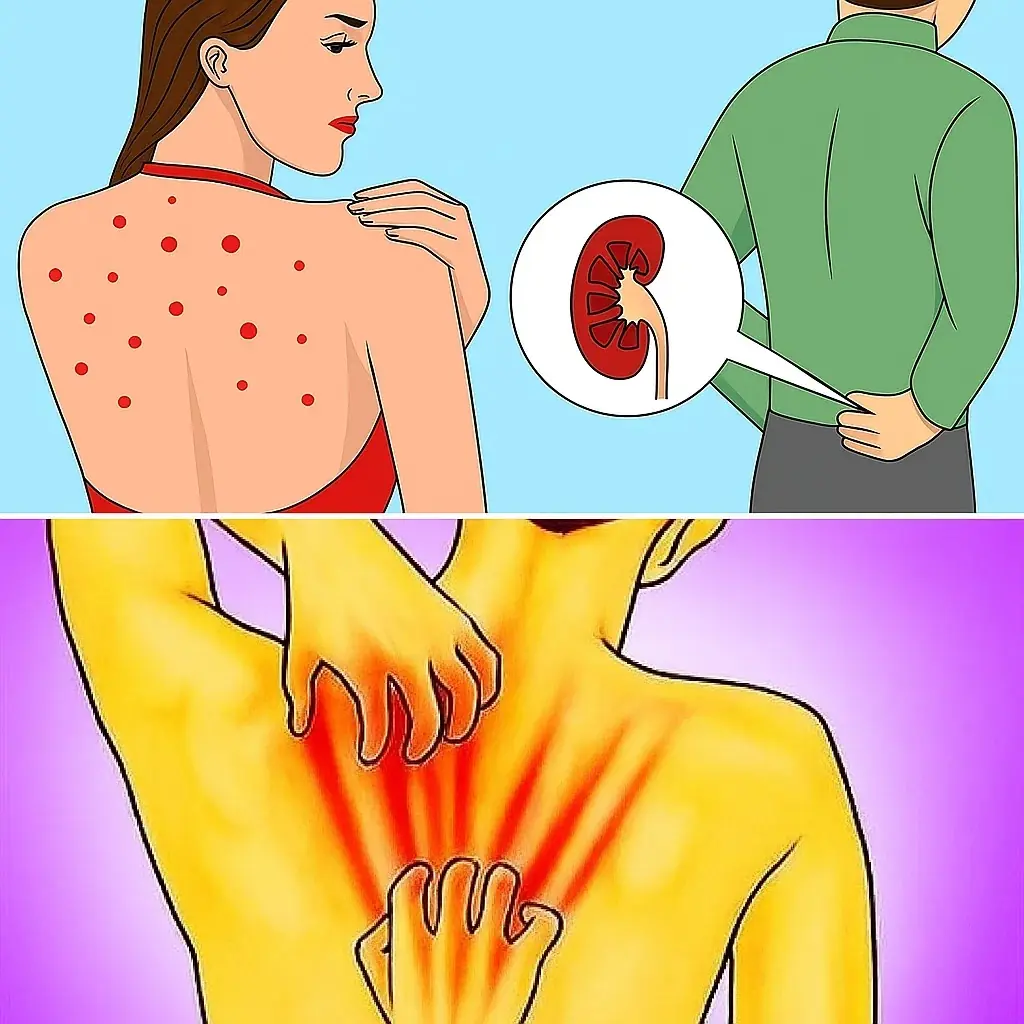
Understanding the Role of the Kidneys
Your kidneys are much more than simple filters. These two bean-shaped organs - nestled on either side of your spine just below your ribcage - filter your blood around the clock, removing waste, excess fluids, and balancing key minerals like sodium, potassium, and calcium. They also play a crucial role in:
- Regulating blood pressure
- Supporting the production of red blood cells through a hormone called erythropoietin
- Keeping your bones healthy by maintaining calcium and phosphate balance
On average, healthy kidneys filter 120–150 quarts of blood every day, producing about 1–2 quarts of urine to expel waste. When their function declines, harmful toxins build up in your body, leading to a cascade of health issues.
What Is Kidney Disease?
Kidney disease occurs when these organs lose their filtering ability. The decline can happen slowly due to chronic conditions like diabetes and high blood pressure, or suddenly from infections, injuries, or autoimmune disorders. Genetics also play a role, putting some people at higher risk from birth.
Without timely treatment, kidney disease may progress to end-stage kidney failure, leaving dialysis or a transplant as the only options. This is why knowing the warning signs your kidneys are in danger is critical - it allows you to intervene before irreversible damage occurs.
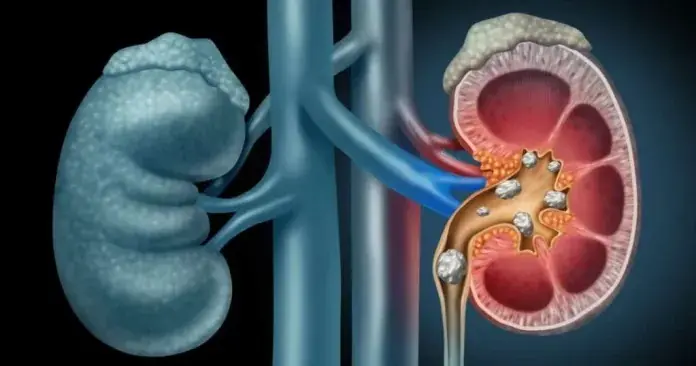
10 Warning Signs Your Kidneys May Be in Danger
- Changes in Urination
Your bathroom habits can reveal a lot about kidney health. Look for:
- Increased urination, especially at night (nocturia)
- Reduced urine output despite normal fluid intake
- Foamy or bubbly urine, which may signal protein leakage - a possible sign of kidney damage
- Fatigue and Weakness
Declining kidney function reduces the production of erythropoietin, leading to anemia. This can cause chronic tiredness, physical weakness, and trouble focusing, even after adequate rest. - Swelling (Edema)
Poor kidney function can cause fluid retention, resulting in puffiness or swelling in the legs, ankles, hands, face, and sometimes the abdomen. - Persistent Back Pain
A dull ache or sharp pain just below the ribcage could be linked to kidney infections, kidney stones, or other urinary tract problems that need medical evaluation. - Unexplained Weight Loss or Loss of Appetite
When waste products accumulate in the blood, they can suppress appetite and create a constant feeling of fullness, leading to unintended weight loss. - Nausea and Vomiting
Toxin buildup in the bloodstream can irritate the digestive system, causing nausea - often worse in the morning - or vomiting after meals. - Difficulty Sleeping
Kidney problems may trigger:
- Restless leg syndrome
- Muscle cramps during the night
- Frequent bathroom trips that disrupt deep sleep
- Metallic Taste in the Mouth
A lingering metallic taste or ammonia-like breath can be a sign of uremia, a condition caused by the accumulation of waste products in the blood. - Muscle Cramps and Twitching
Electrolyte imbalances - especially low calcium or high phosphorus - can cause painful spasms and involuntary muscle twitches. - Itchy Skin
Persistent, generalized itching may occur when waste products and excess minerals accumulate in the bloodstream.
How to Reduce Your Risk
You can take steps to protect your kidneys every day:
- Stay well-hydrated
- Limit processed and salty foods
- Control chronic conditions such as high blood pressure and diabetes
- Avoid overuse of painkillers and anti-inflammatory drugs
- Get regular kidney check-ups, especially if you have a family history of kidney disease
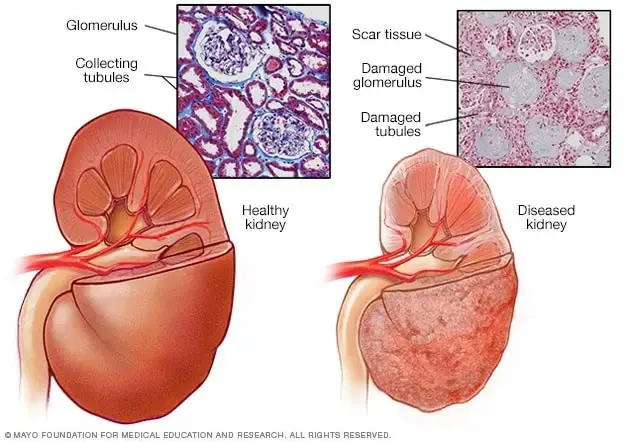
When to See a Doctor
If you notice any of the warning signs your kidneys are in danger, don’t ignore them. Schedule an evaluation that may include:
- Blood tests to measure creatinine and eGFR levels
- Urine tests to detect protein or blood
- Imaging scans to assess kidney structure
Early diagnosis and treatment can prevent the disease from worsening and help preserve kidney function for years to come.
Conclusion
Your kidneys are small but mighty organs that keep your body’s systems running smoothly. By staying alert to these warning signs your kidneys are in danger and seeking prompt medical care, you can take control of your kidney health and protect your overall well-being for the long term.
News in the same category


Cancer Is Painless At First, But If You See These 8 Signs When Going To The Bathroom, You Should Go For An Early Check-Up
Changes in bowel movements can sometimes be an early red flag for colon cancer, even when other symptoms seem absent. Understanding what’s normal — and what isn’t — could make all the difference in getting timely help.
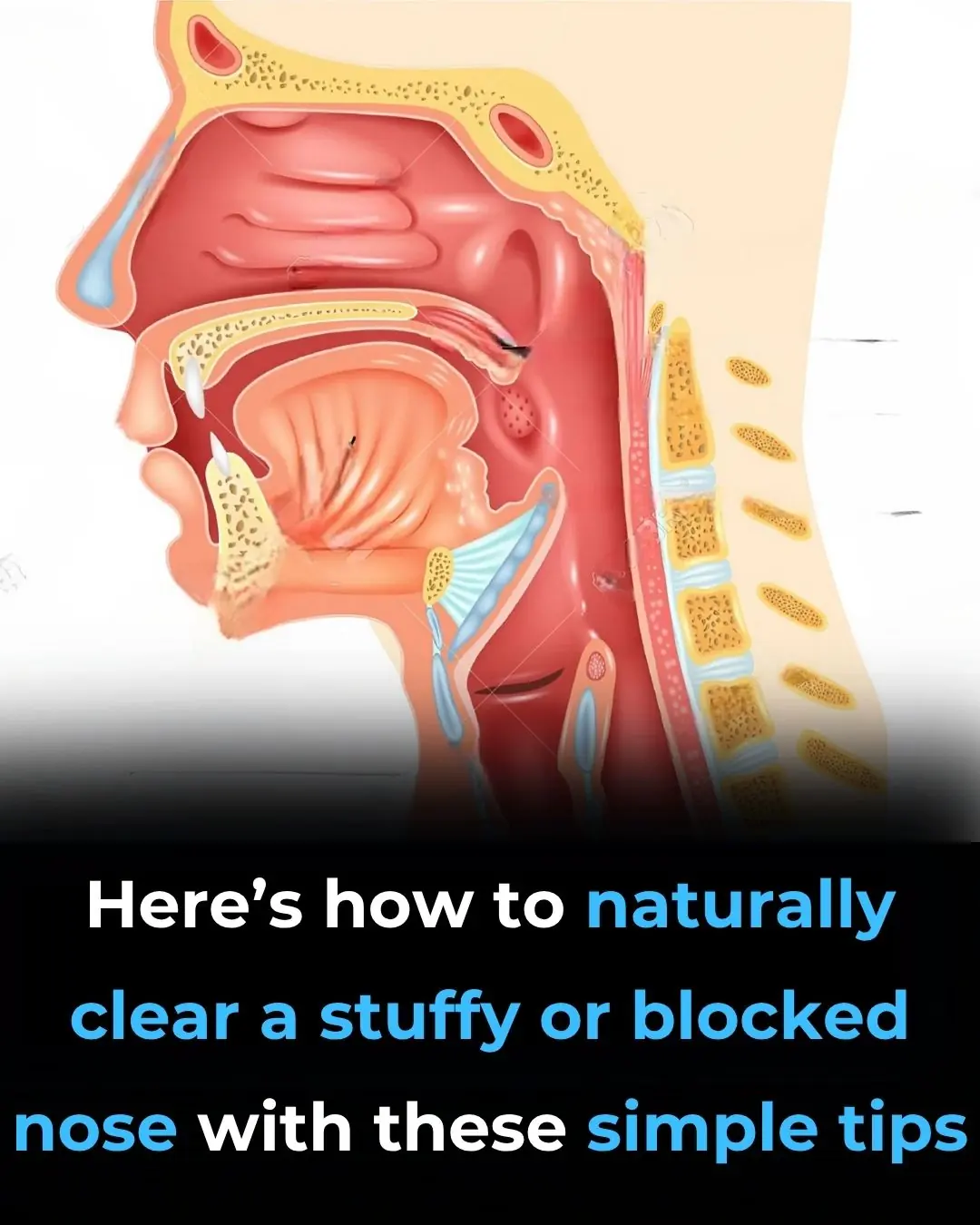
Home Remedies for Blocked and Stuffy Nose

Woman Reveals the Sh0cking Fantasy Over 50% of Married People Secretly Admit To Having
Over half of married people admit to secretly fantasizing about an ex — a habit experts say can trigger emotional detachment and strain current relationships. While revisiting old memories may feel harmless, psychologists warn it could signal deeper iss
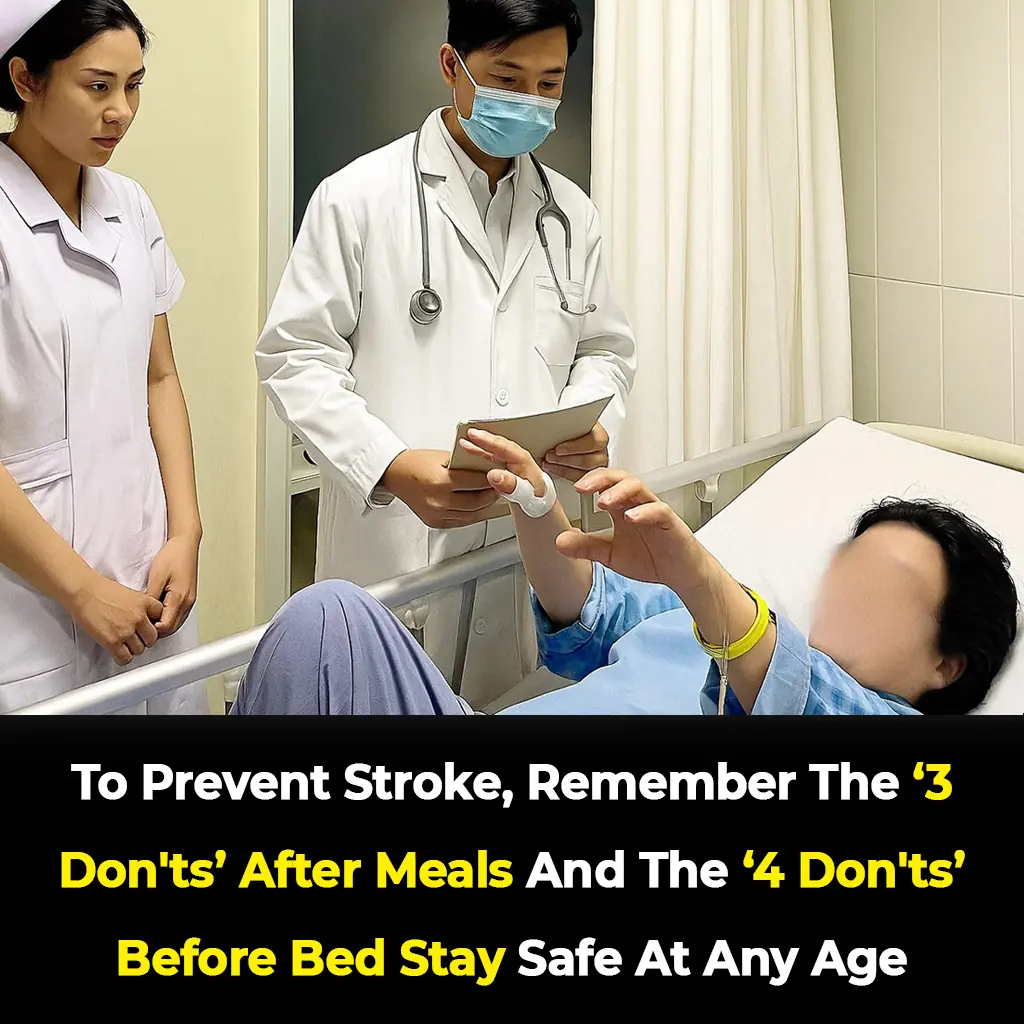
Doctors Warn 3 “Don’ts” After Meals—And 4 “Don’ts” Before Bed To Prevent Stroke At Any Age
Up to 80% of strokes can be prevented, and the key lies in small daily habits — especially right after meals and before bedtime. Science now reveals 3 post-meal and 4 pre-bed “don’ts” that can protect your brain, heart, and long-term health at any
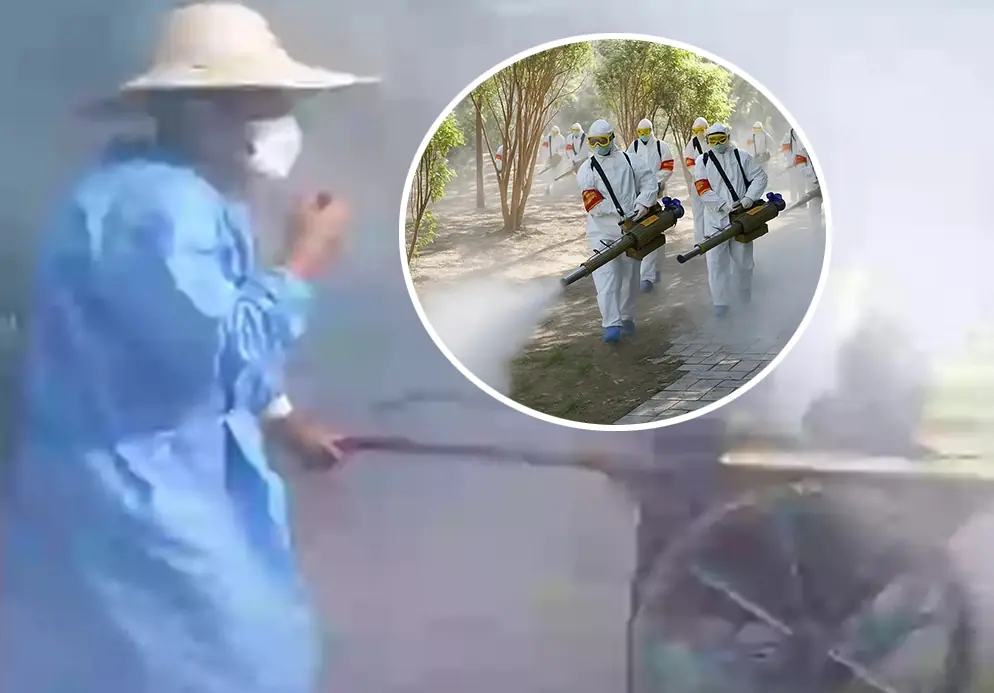
Symptoms of Chikungunya virus revealed as China takes 'COVID measures' after reporting 7,000 cases
China is on high alert after more than 7,000 Chikungunya virus cases were reported across 13 cities in Guangdong, prompting swift containment measures. Unlike COVID-19, this mosquito-borne disease spreads through bites, but its painful symptoms and rapid

Foamy Urine: Here’s Why You Have Bubbles in Your Urine
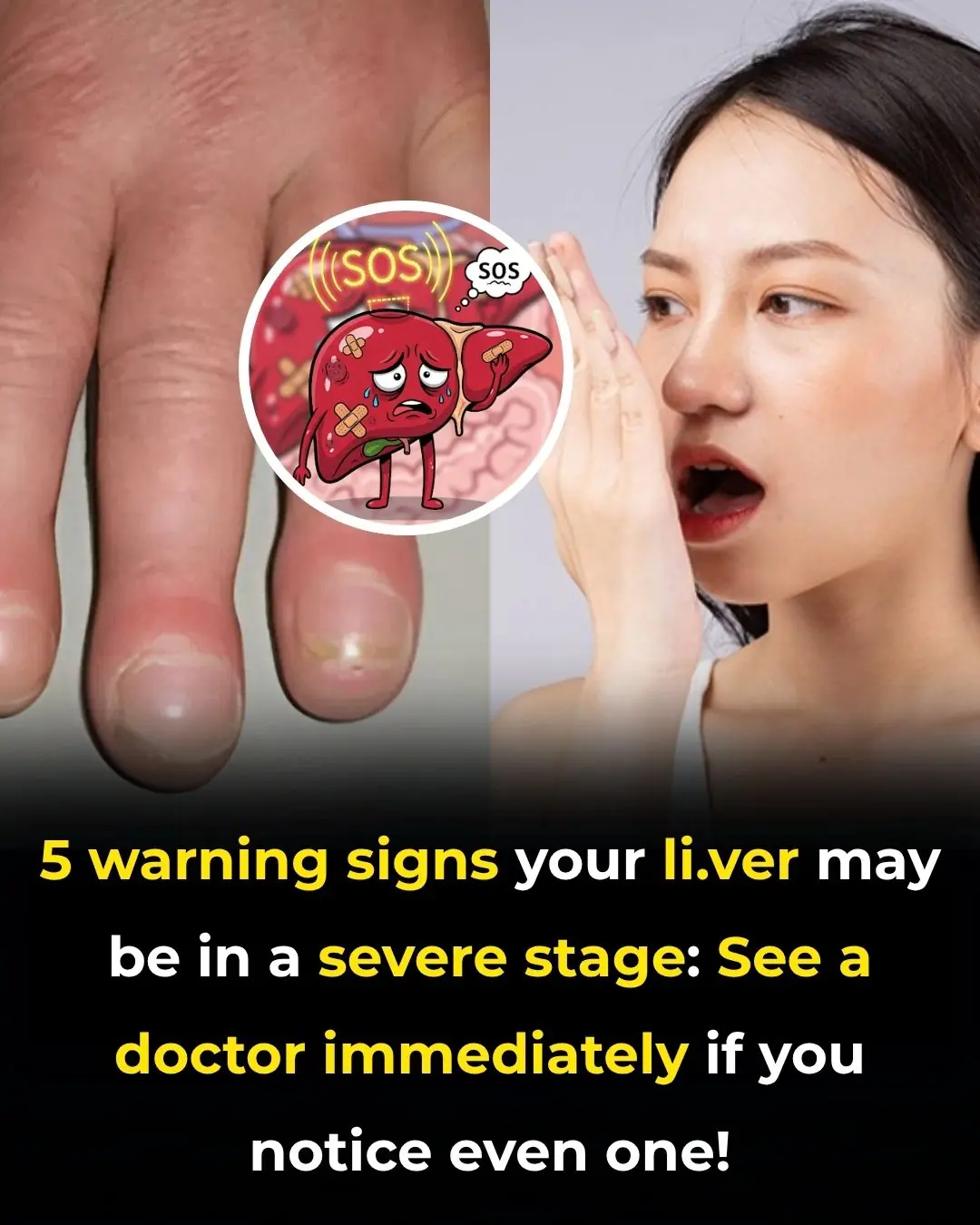
Bruising Easily? Itchy Skin? 5 Hidden Signs of Liver Damage You Might Be Overlooking

Proven Health Benefits of Turmeric and Honey (Golden Honey) – Evidence Based
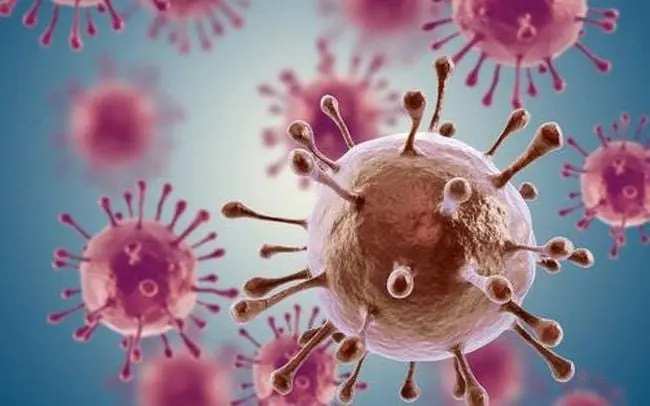
The 20 Most Potent Cancer-Fighting Foods Hiding in Plain Sight

You’re Drinking Water Every Day but This One Mistake Is Costing You

If Your Partner’s Breath Is Brutal, Just Make This One-Ingredient Fix This Morning
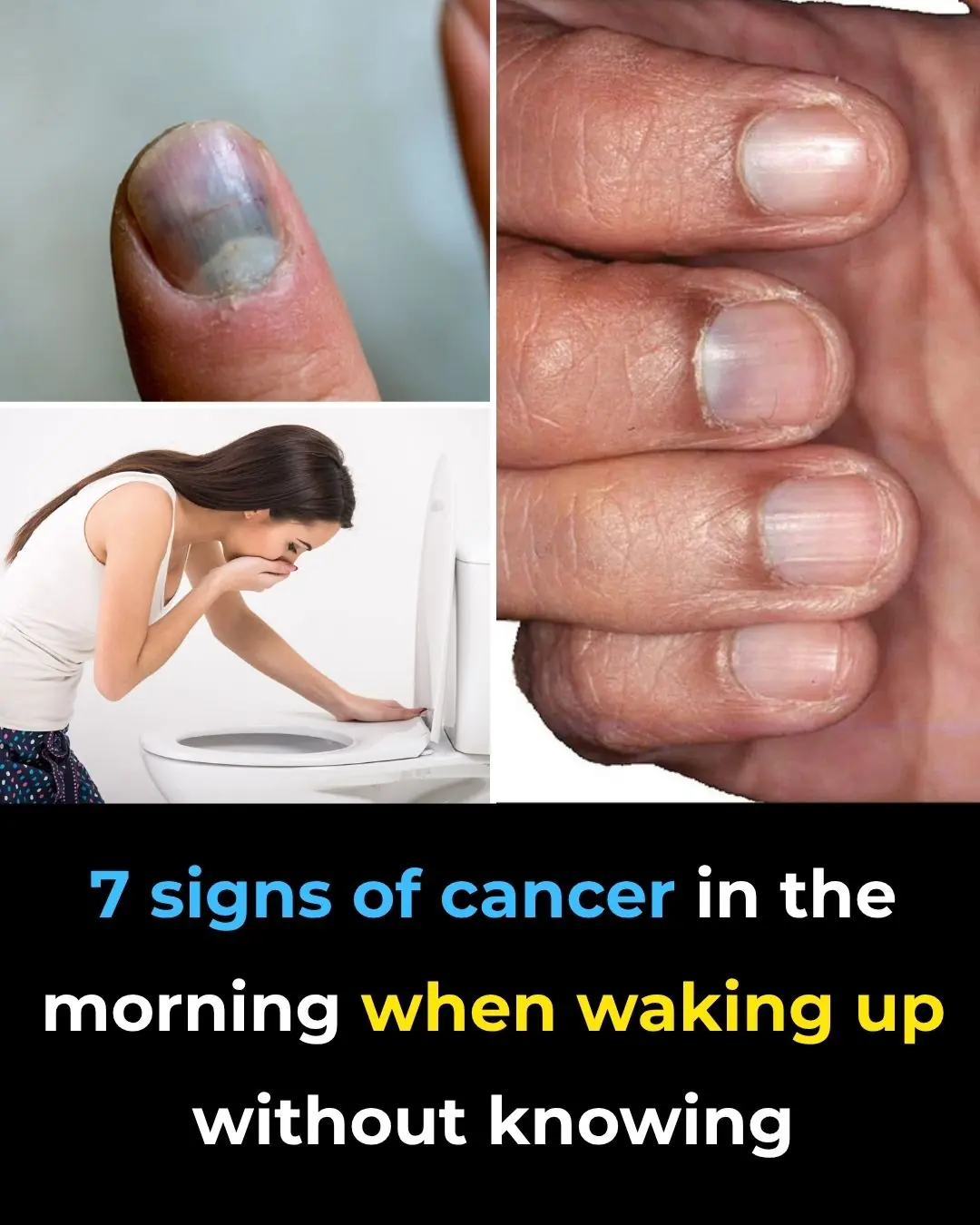
7 signs of cancer in the morning when waking up without knowing
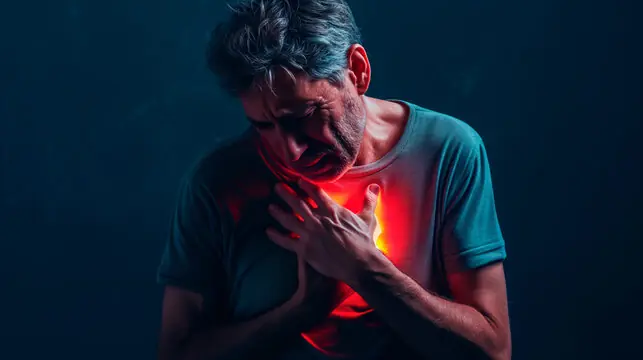
Why Does My Heart Hurt? Common Reasons For Heart or Chest Pain

The Anti-Cancer Diet: Cancer Fighting Foods to Help Prevent Cancer (Evidence Based)

Coconut Water: Is It Good for You, Nutrition, Benefits, Side Effects (Science Based)

7 Shocking Health Benefits of Sweet Potatoes You Never Knew About
From boosting eye health to supporting weight management, sweet potatoes are a nutritional gem that deserves a place on your plate.
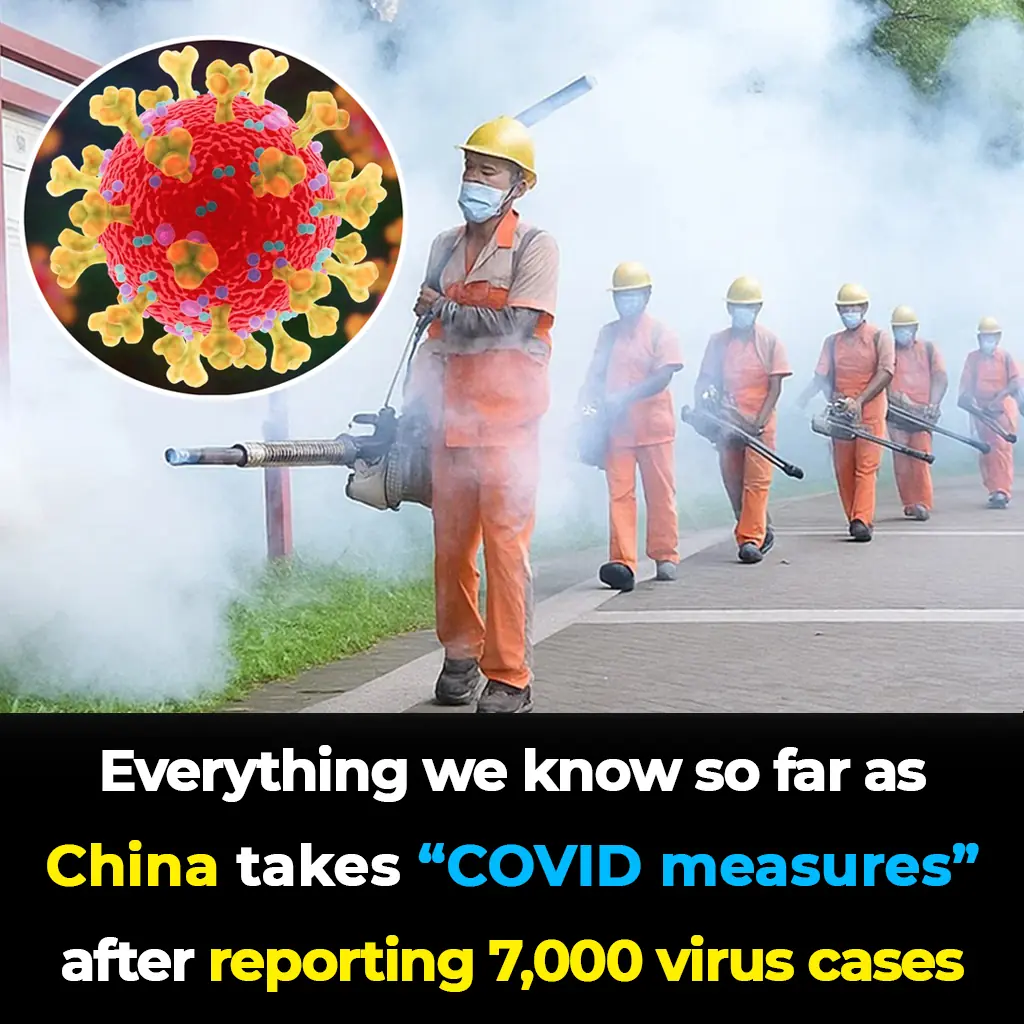
China Reports 7,000 New COVID Cases — Drastic Measures Spark Global Alarm
While the majority of Chikungunya cases in China remain non-fatal and relatively mild, the scale and rapid spread of the virus have triggered an urgent response that suggests authorities are leaving nothing to chance.
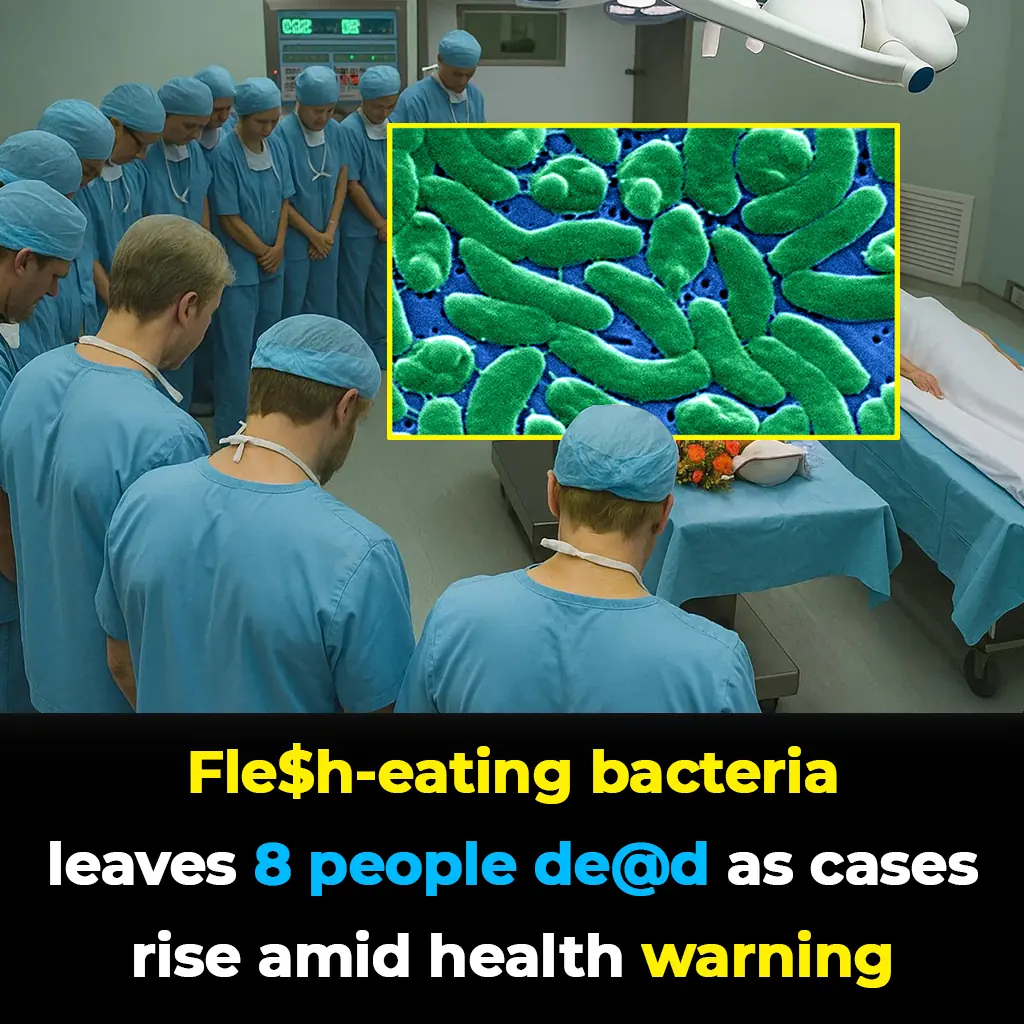
Fle$h-Eating Bacteria K!lls 8 — Health Officials Sound the Alarm
While infections from Vibrio vulnificus are rare, they can be severely debilitating — or even d:eadly — if not treated quickly.
News Post

A Wild Kingfisher, Three Generations, and the Unspoken Language of Love.

More Than a Win: The True Victory of the Cooma North Boys.

Moment two AI agents realise they're talking to another AI and switch to their own bizarre language

Woman earns hundreds every day just by sitting in New Yorker's cars

My Husband Threw Away the Chicken I Cooked Saying 'You'll Thank Me Later' – When I Found Out Why, I Filed for Divorce

The Ride That Changed Everything.

My Sister Brought My Ex to My Wedding and I Was Stunned, but Then Her Speech Changed Everything – Story of the Day
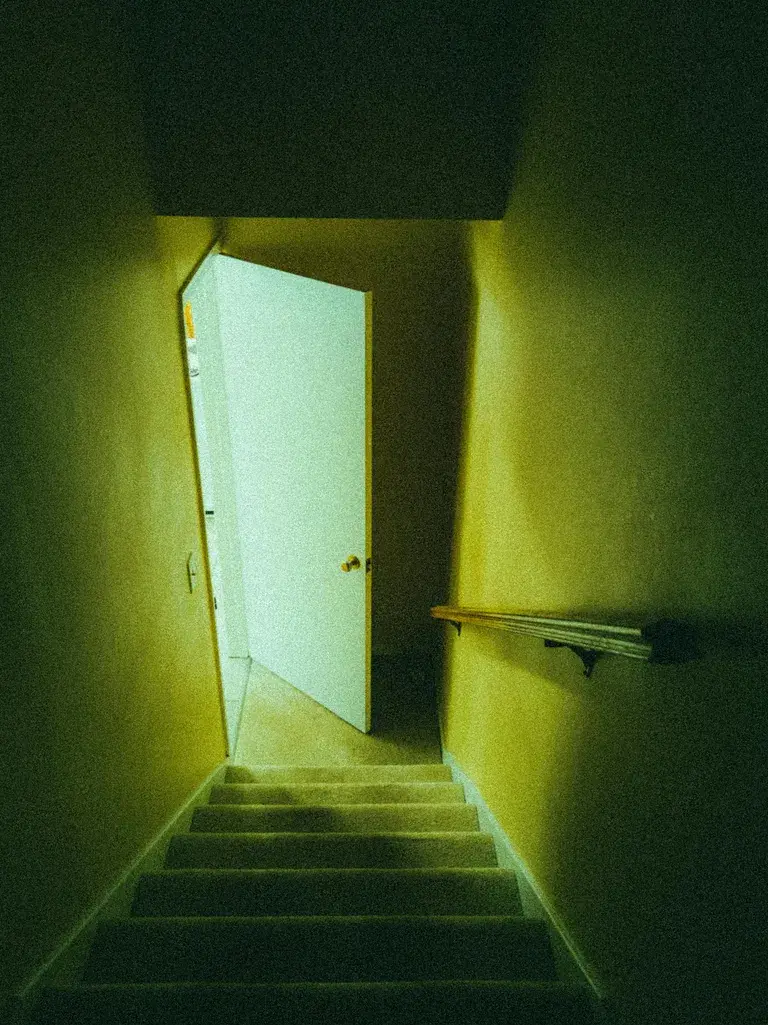
After Moving to a New House, I Was Sure Our Basement Was Empty Until I Heard a Baby Crying from Inside the Wall – Story of the Day
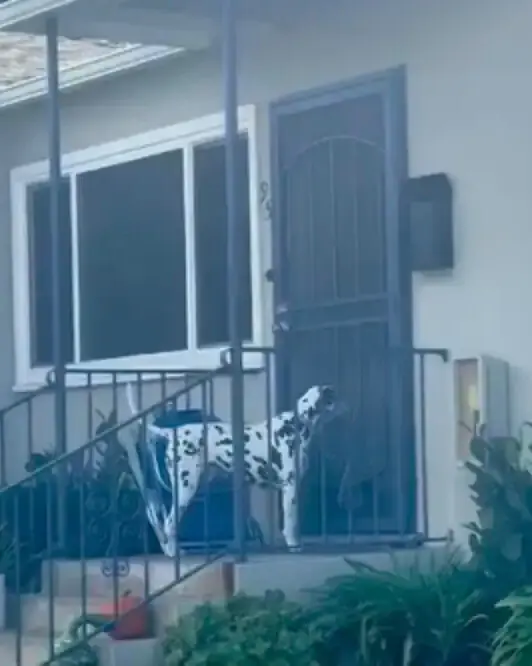
Tucker the Dinner Guest: A Spotted Shadow With a Nose for Home Cooking.
Tucker the Dinner Guest: A Spotted Shadow With a Nose for Home Cooking.

What You See First In This Weird Optical Illusion Reveals What Kind Of Lover You Are
Optical illusions can do more than just play tricks on your mind — they can reveal hidden aspects of your personality, including how you express love. In this unique test, the first image you notice will uncover your deepest romantic traits and the way

During My Wedding, My 7-Year-Old Daughter Tearfully Said, 'Mom, Look at Daddy's Arm! I Don't Want a New Daddy!' – What I Saw Left Me in Pure Shock

Vera was washing the dishes after dinner when her husband hugged her from behind. Normally such a gesture would be pleasant, but today it somehow made her anxious. After seventeen years of marriage, she had learned to sense when Igor was up to something.

An orphaned woman took in a dark-skinned boy—and two decades later uncovered a startling secret!
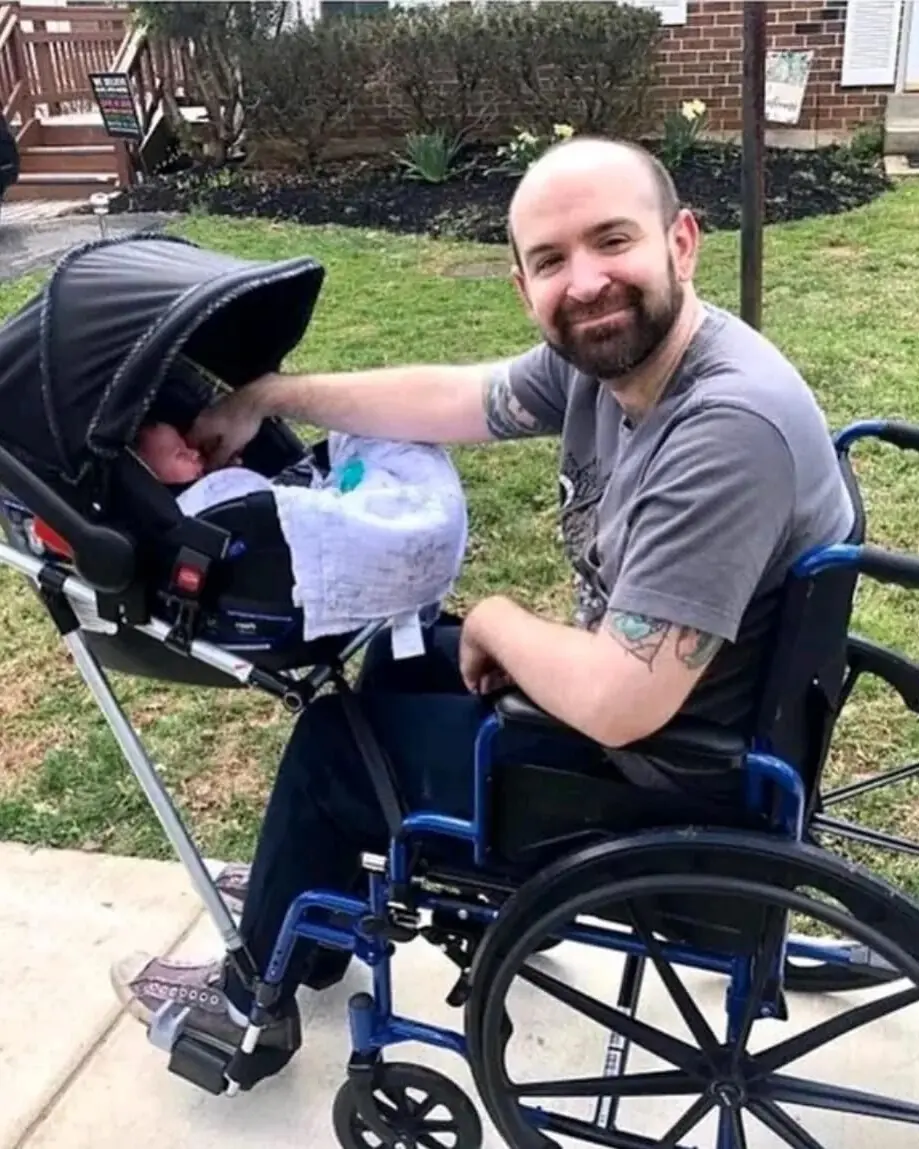
A Long Story: A Gift from the Hearts of Students.

Beekeeper Sets Bees Loose on Police That Pulled Him Over for Traffic Stop

Bolo’s Big Day—And the Forever Home He Never Saw Coming.

I Thought I Was Just Buying Shawarma and Coffee for a Homeless Man — But the Note He Slipped Me Turned My Entire Life Upside Down
